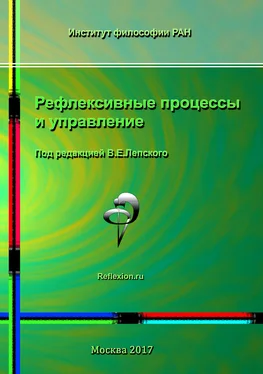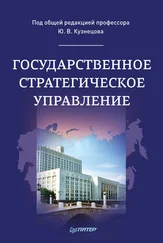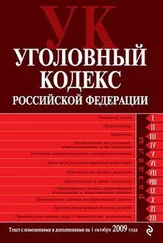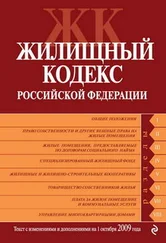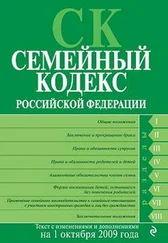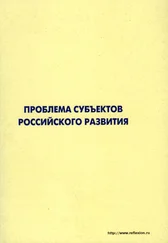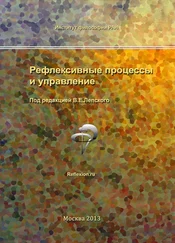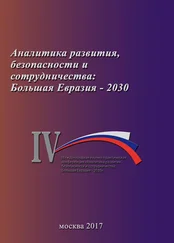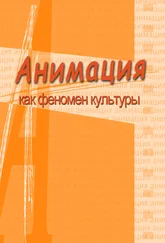1 ...6 7 8 10 11 12 ...23 2. The scientific implications of such a different understanding of fundamental ideas can be illustrated by the American and Russian development of the idea of I. P. Pavlov on the "conditioned reflex".Pavlov discovered a conditioned reflex while experimenting with animals as a physiologist . Later he learned that American psychologists were experimenting in the same way. He wrote about the difference between his work and the American work by noting that the practical American mind found that it is more important to know the external behavior of a man, than to guess about his internal state. The American science of behavior teaches us to act in the right (instrumentally successful) way . Russianpsychologyteachesus to make right (ethical) decisions .
3. Many Russian scientists often used different foundation for their process of thinking, they strove to build a better world, to include ethics and spirituality in scientific theories (N. A. Berdyaev, N. G. Chernyshevsky, and others). The first systematic critiques of classical rationalism as a scientific position were formulated in Russia. (Although rationalism led us to the gate of truth, it is fated not to open the gate. I. Odoevsky).
Russians feel a need to understand the world as a whole. Therefore, they emphasize different patterns in the world, society and nature than are emphasized in the Western intellectual tradition. For example, academician N. N. Moiseev stressesed that the formation of a global collective consciousness lays the foundation for the development of an information society. He wrote: "The notion of collective consciousness is a fundamental notion of civilization… Civilization itself could not emerge without development of a collective consciousness. This phenomenon emerges as an effect of the necessity and possibility of information exchange among individual consciousnesses, evolution of collective memory and organisation of collective efforts in decision making." [Moiseev, 2000] Western academics are more likely to speak about "shared beliefs and values" rather than a "collective consciousness."
4. Russians prefer a systematic approach and have a tendency to create general theories. Examples are such well-known names as N. I. Lobachevsky, D. I. Mendeleev, A. A. Bogdanov, N. F. Fedorov, V. I. Vernadsky, K. E. Tsiolkovsky and others.
Hence, Russian scientific thinking can be characterized by thesystems approach, a striving to create general theories, including a moral component in them,and acceptance of irrationality.
Comparison of V. E. Lepskiy’s and S. A. Umpleby’s theories of cybernetics
Understanding the differences in intellectual traditions leads us to a deeper understanding of the theories of cybernetics of V. Lepsky and S. Umpleby as representatives of these scientific traditions.Table 1 presents a description of the development of cybernetics, made by S. Umpleby.
Table 1. Three versions of cybernetics

In spite of the fact that the table is called "Three versions of cybernetics," Western scholars only single out cybernetics of the first and second orders. Cybernetics of the second order includes a biological and social version. It arose from "experimental epistemology." The goal was to understand the processes of cognition on the basis of neurophysiological experiments, as a result of which cyberneticians came to the conclusion that the observer can not be excluded from science.
Table 2. Description of V. E. Lepskiy's theory using S. A. Umpleby’s criteria

The Russian interpretation of second-order cybernetics is different from the Western concept of it. Table 2 presents a description of Lepskiy's theory using Umpleby's criteria.
The development of the conception of third-order cybernetics is based on Russian ideas: the activity approach, the typology of scientific rationality, the inclusion of the moral component, etc., are not well known in the West, which leads to some misunderstanding of concepts.
Conclusions
Briefly, the main differences between the theories of V. E. Lepskiy and S. A. Umpleby, from our point of view, arethe following:
– the American vision of second order cybernetics includes the biological and social versions; the development of cybernetics takes place within the framework of the paradigms of classical and non-classical rationality;
– the Russian vision of the second order cybernetics excludes from consideration the biological version, in fact, reducing second order cybernetics to the cybernetics of the individual subject (observer) and, indirectly, its values (through the choice of methods and means of studying the object), in contrast to the third-order cybernetics concept with its focus on the social (meta subject);
– Western scholars do not consider third-order cybernetics to be necessary, since the inclusion of an observer (subject) in the field of science, from their point of view, solves the problem of including social values and goals into consideration [Medvedeva, Umpleby, 2003];
– it seems that V. Lepskiy's theory of the third-order of cybernetics develops in the direction of typically Russian ideas: "noosphere", "collective consciousness", "co-evolution", etc., i.e. it is not just social cybernetics, but cybernetics of environments, and probably one can say cybernetics of nature.
The presented differences demonstrate the great potential forideas from Russian and Western scientists to enrich the further development of cybernetics and science in East and West.
References
1. Platonov O. A. Russian civilization. History and ideology of Russian people. – Moscow: Algorithm, 2010. – 944 p.
2. Lepskiy V. E. Evolution of cybernetics: philosophical and methodological analysis. -Kybernetes, 2017.
3. Umpleby S. A. A History of the Cybernetics Movement in the United States // Journal of the Washington Academy of Sciences, Vol. 91, No. 2, Summer 2005, pp. 54–66.
4. Moiseev N. N. The fate of civilization. The path of the mind. – M.: Languages of Russian Cultures, 2000. – 224 p.
5. Medvedeva T. A., Umpleby S. A. Adding a dimension to the philosophy of science with an illustration from economics. – Presented at the Socio-Cybernetics conference, Corfu, Greece, June 29 to July 5, 2003.
В. А. Лефеер(США)
Рефлексия и музыка
На первый взгляд между рефлексией и музыкой нет связи. Рефлексия – это цепочка образов в нашем внутреннем мире: образ себя, образ себя у образа себя и т. д. Музыка – это набор звуков, которые вызывают у нас эмоции. Отношение частот двух звуков, генерируемых синхронно или последовательно, называется музыкальным интервалом. Уже в древности было обнаружено, что только некоторые интервалы приятны для человеческого уха. Например, 4/7 звучит хорошо, а 5/7 – плохо. Приятно звучащие интервалы были названы гармоническими. Их всего восемнадцать, они известны музыкантам многие столетия. Причины, почему одни интервалы приятны, а другие – нет, до сих пор недостаточно ясны. Термодинамическая модель рефлексии может помочь нам понять загадку музыкальных интервалов.
Читать дальше
